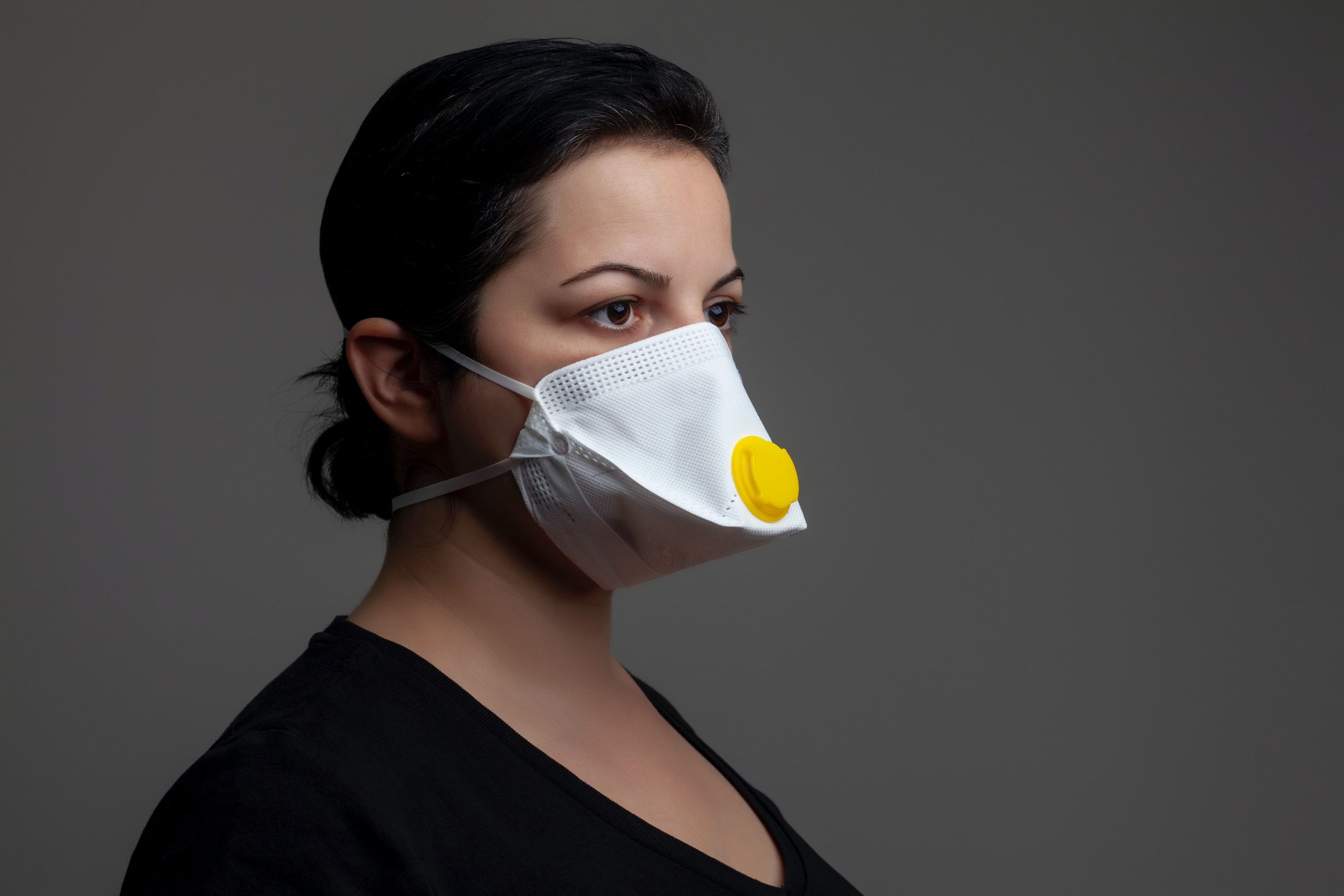With pollution levels constantly breaching hazardous levels in Delhi and other cities of India, experts have been warning about the short and long-term impact of continuous exposure to toxic air on our respiratory system and overall health. However, while the COVID-19 pandemic has made surgical, cloth, or N95 masks popular among the masses, it is important to remember that different kinds of masks provide varying degrees of protection against toxic pollutants.
Also Read | Air pollution: 5 tips for asthma patients
Also Read | Quick and effective remedies to protect your eyes during smog
Be it coronavirus or air pollution, it’s important to use an appropriate mask and reduce risks.
Also Read | 7 reasons why you should shift to drinking water from a copper vessel
Experts suggest that using masks with filtration valves are the most useful when it comes to filtering out pollutants. The FFP1 masks or the N95 masks are known to be the most effective in limiting the pollutants present in the air from entering our lungs. FFP1 masks have a 95% filtration rate, and can be a good option for those who face hazardous pollution on daily basis.
Also Read | Here are 5 signs of kidney disease you should not ignore
How well do masks work against pollution?
Masks can considerably reduce the risks of transmitting viruses and other contagious pathogens. Similarly, masks can limit our contact with pollutants and particulate matter suspended in the air, especially for those with severe respiratory diseases.
Also Read | 5 mistakes to avoid when trying to gain weight
Which masks should not be used?
It is important to remember that masks which work well against protecting you from coronavirus may not be as effective in reducing pollution risks. For example, basic cloth masks, surgical masks, porous quality masks can easily let pollutants in. Surgical masks also provide very few levels of protection against pollution.
Also Read | The sunny side of good health: Exposure to sun the holy grail
Using valved masks right now may pose some danger as well as they do protect against pollutants but may not prove effective against viral infections.
Mask use, disposal, and care are also important when you are using them to limit pollutant irritation. People with chronic respiratory disorders, frail immunity, comorbidities should be highly careful. Keeping a check on indoor air pollution levels is also crucial.







